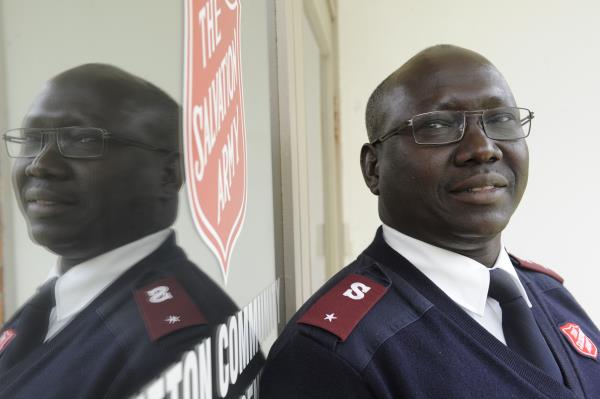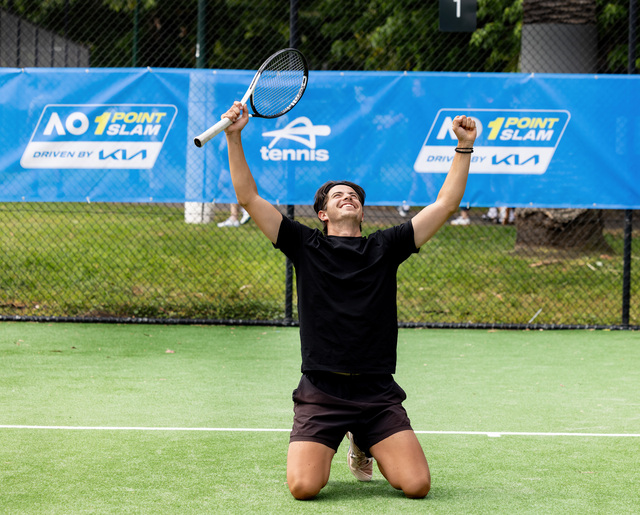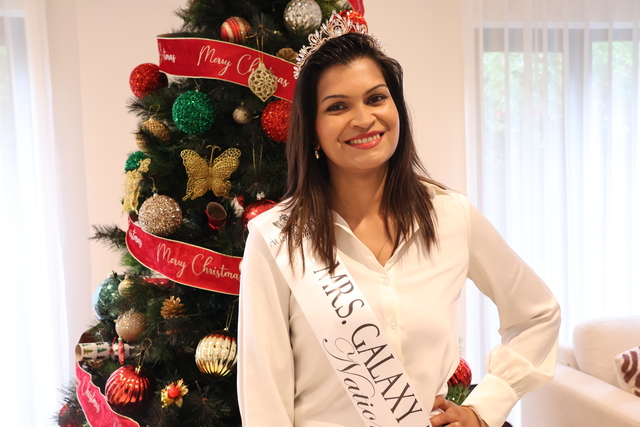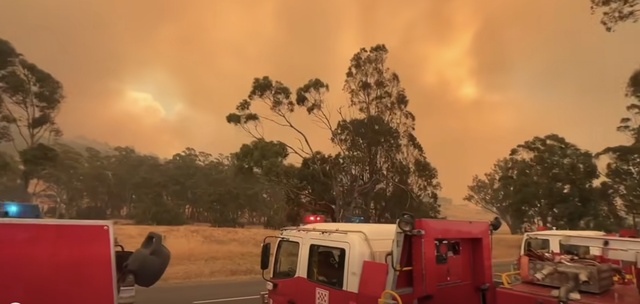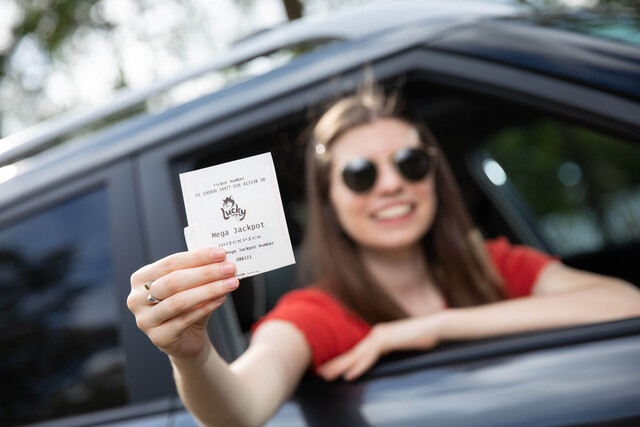PRECEDE
Salvation Army Lieutenant Dit Chokeun fled war-torn South Sudan for a new life in Australia.
The transition to life in a new country tested his strength and cost him his marriage.
He now helps other asylum seekers and refugees to find their place in Greater Dandenong.
The Journal asked him to share his story in his own words.
MY journey to Australia commenced many years ago when I left my home nation of Sudan.
The predominantly Christian south (now the Republic of South Sudan) had been at war with the predominantly-Muslim north (now the Republic of the Sudan).
I completed compulsory military service, then had a sense of calling to leave my country and father’s house.
I bid farewell to my family and travelled by train through the north of Sudan.
I was young and very skinny and my only possessions were the clothes and shoes I was wearing – two pairs of pants, two shirts and three pairs of underwear.
From Khartoum I caught the bus to the Egyptian border and when I arrived in Cairo, I went by taxi to an Anglican church and told the priest where I had come from.
He asked what I wanted and I told him I was by myself, with no family and nowhere to go.
The church would be my home for four years.
I was sponsored to go to seminary where I completed a Diploma of Ministry.
By the time I had finished, many Sudanese people were fleeing into Egypt and I worked for the church among those building their lives again.
During this time I married and my first child was born.
A friend of mine had moved to Australia a few years earlier and he agreed to sponsor me and my family to Australia.
I arrived in this country in 2005 on a humanitarian visa. After a brief stay in the inner city, we moved into our own place in Noble Park.
When I came to Australia I found it to be very strange to me. The first thing I realised was how far I was from home.
I had no close relatives nearby, only my friend who had sponsored me. The language, too, would prove to be an enormous challenge.
I spoke both Nuer and Arabic and still English made no sense to me. It was incredibly difficult to adjust and to communicate.
The culture was so different in Australia. The relations within families are quite different in this country. Problems we used to work through as a community now had to be worked through individually.
There was 16 years between my wife and I, as commonly is the custom in South Sudan. Yet in a new country, with young children, the pressures were too much. We separated and later divorced.
In my new country I was even more alone.
At first, it was next to impossible to find a job due to language.
Apart from my compulsory military service and my work in the church, I had spent the best years of my life as either refugee or a student.
I have now completed two diplomas.
When we arrived in Australia, we had a government-appointed caseworker. They helped us with basics like finding a rental property and getting the power connected.
When I moved to Noble Park, I was able to connect with the Salvation Army and joined up.There is no Salvation Army in South Sudan. I hope one day I can take it to my home country.
Now I have become a minister in the Salvation Army and have been appointed as the assistant corps officer in Dandenong.
I hope we can be among the first to extend the warm hand of friendship to those who have just arrived, and I hope that we can help people to understand the differences between our great country – which I am a now citizen of – and the many places people come from.
We want to keep improving our programs, like English classes and emergency relief, to help people become more comfortable here.
It’s important to develop volunteering opportunities where people can learn about the Australian way and culture.

